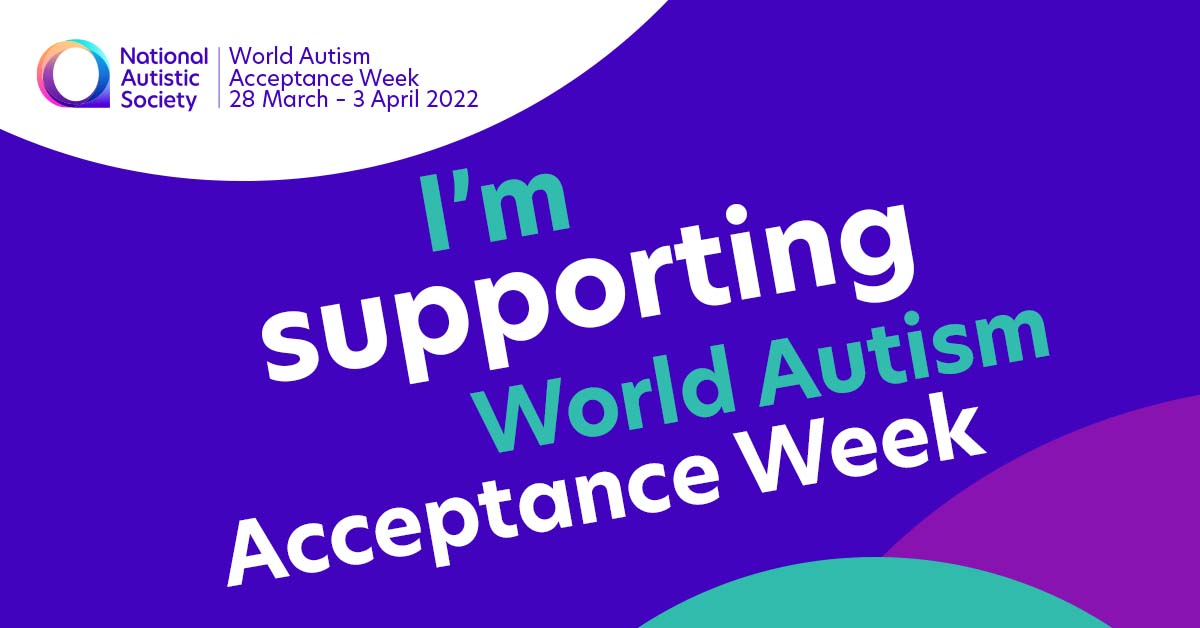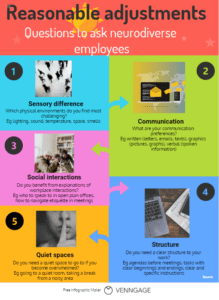Under the mask: Autism in AFABs and women in the working world

How do you explain with enough gravity to your colleagues that your hybrid working days cause catastrophic meltdowns due to an upset in routine? How do you retain professionalism, when you can burst into tears because someone is standing behind your chair having a conversation and the personal space impact and noise is overwhelming? How do you overcome imposter syndrome at work, when simple everyday tasks like putting milk in a bowl of cereal and taking a shower can be too much to face?
Sensory differences and executive dysfunction: two factors that can be a fundamental aspect of the lives of many autistic/neurodiverse individuals. For women and those assigned female at birth (AFABs) experiencing autism, balancing these experiences with trying to maintain the experience and image of a ‘normal’ life can be a constant struggle.
Autism does not present in women and AFABs in the manner than many imagine: AFABs are naturally more social and therefore may be better at masking – practicing and performing certain behaviours and suppressing others in order to be more like the people around them.1 Under the guise of the mask, the experiences of autistic women may go under the radar to those around them; whilst others may be successfully fooled by this act, the work it takes to mask is exhausting and can utterly crush the wellbeing of an autistic individual, who can feel constantly like an alien pretending to be human. Struggling to comprehend how we are perceived and how to perceive others, we may feel deeply alone in our experiences – especially in an environment such as the workplace, where masking feels literally critical to survival.
As autism presents so differently in females and AFABs than in males, it largely goes undiagnosed – many autistic women do not even know they are autistic, receiving diagnoses well into adulthood. This is frequently after a long battle with mental health diagnoses, received both as misdiagnosis and as a result of traumas that their undiagnosed autism may have led them to experience. Without this diagnosis, women and AFABs having these experiences may deeply struggle to understand why they react in the way they do to the world around them and why they feel so alien.
Not everything autism brings to the table is negative – autistic individuals can bring a fresh and unique perspective to creative work, deliver deeply detailed research pieces, show an outstanding focus and attention to detail, and set a precedent for honest and open communication in your team. We are some of the most outstanding people you’ll work with – just give us a moment when our socks are itching or the room is too crowded.
How can I support my autistic colleagues?
Living Autism has a fantastic and thorough article on how you can support an autistic colleague or employee, including how to have these conversations with your autistic colleagues and employees, the reasonable adjustments you can make and how to better elevate your autistic employee’s strengths and qualities.2
Ketchum employees are entitled to 6 sessions of therapy through Self Space, which has a filter for therapists with experience in working with neurodiverse individuals.

- What is Autism masking or camouflaging? –https://www.theautismservice.co.uk/news/what-is-autism-masking-or-camouflaging.
- How can I support an autistic colleague or employee? – https://livingautism.com/support-autistic-colleague-employee/
